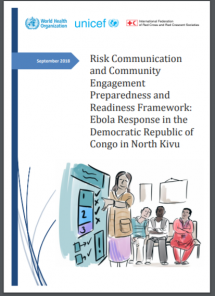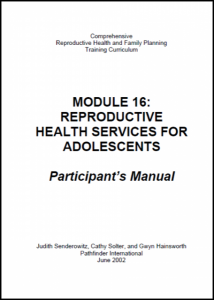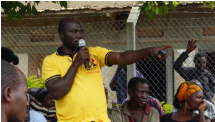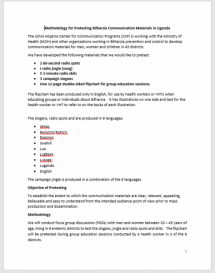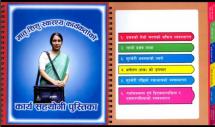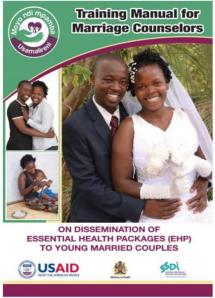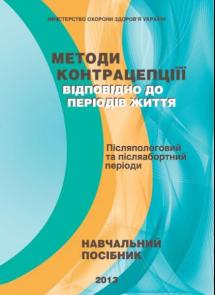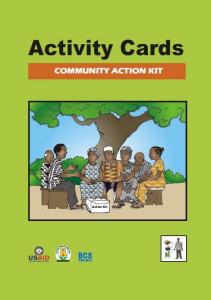Risk Communication and Community Engagement Preparedness and Readiness Framework: Ebola Response in the Democratic Republic of Congo in North Kivu
The goal of this framework is to provide an overview of how Risk Communication and Community Engagement (RCCE) resources and activities need to be prepared for across different response pillars among provinces and countries neighbouring North Kivu, Democratic Republic of Congo.
The purpose of proactively carrying out RCCE activities along with other activities essential for an Ebola outbreak response is to reduce deaths and illness caused by Ebola virus disease (EVD) and minimize disruption to daily lives of local communities. This is achieved through systematic gathering of informed social science knowledge to inform the response and active engagement with key stakeholders including community influencers, health care workers, and local communities.
It is intended to be used to guide RCCE work which is central to stopping the outbreak and preventing its further amplification. Unlike other areas of response, RCCE draws heavily on volunteers, frontline personnel and on people without prior training in this area. As such, the document provides basic background information, scopes the socio-economic and cultural aspects (that are known at the time of publication), and provides the latest evidence-based advice and approaches.
Source: World Health Organization
Date of Publication: March 25, 2019
SIMILIAR RESOURCES
Tools
Examples
- CERC Manual for Emergency Risk Commuication
- COMBI Toolkit for Behavioural and Social Communication in Outbreak Response
- How Should Community Health Workers in Fragile Contexts be Supported: Qualitative Evidence from Sierra Leone, Liberia and Democratic Republic of Congo
- Field Workbook for COMBI Planning Steps in Outbreak Response
- Emergency Preparedness and Response Training
- The SBCC Emergency Helix
- Global Humanitarian Response Plan - COVID-19
- WHO Simulation Exercise Manual
- Communicating Risk in Public Health Emergencies
- Global Health Security Agenda Website
- Risk Communication and Community Engagement (RCCE) Considerations: Ebola Response in the Democratic Republic of the Congo
- Message Guide for Ebola Communication
- Understanding Individual and Social Risk Factors Related to Priority Zoonotic Diseases in the Democratic Republic of the Congo: A Review of the Literature
- Family Planning Dialogue Guide for Community Health Volunteers in DRC
- Democratic Republic of Congo National Malaria Communication Plan

